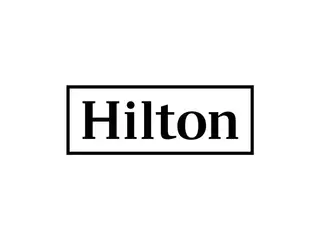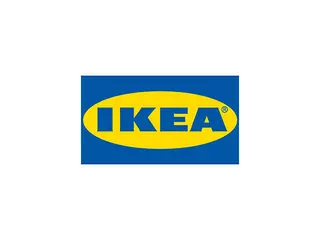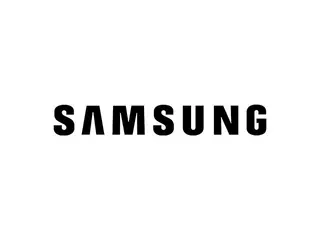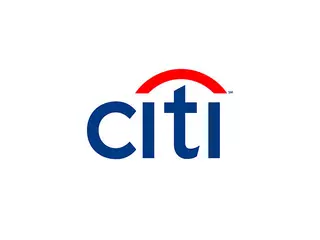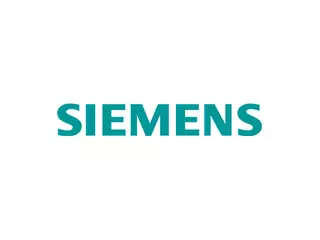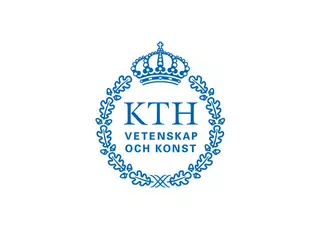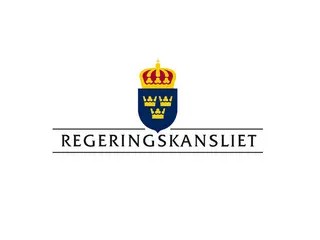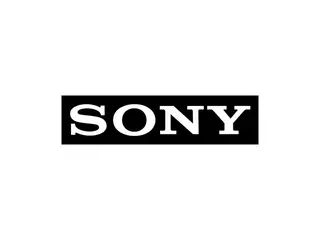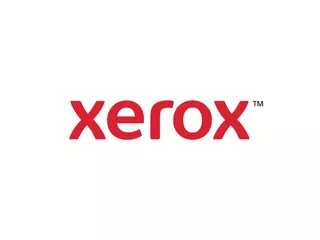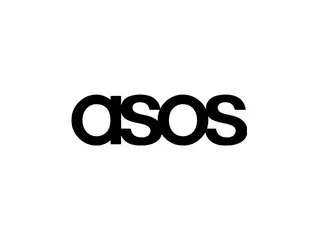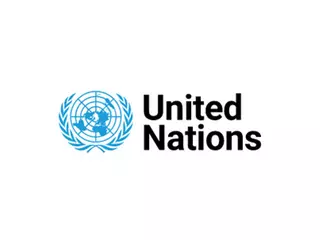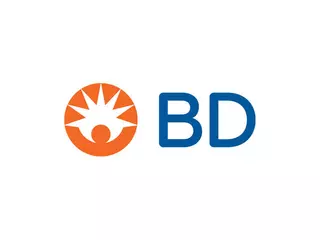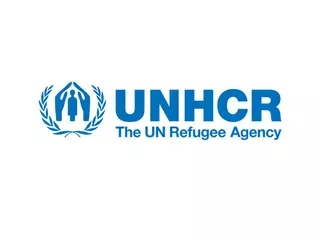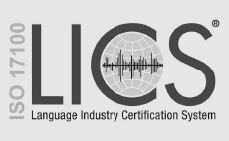Certified translations around the world
The Translator Group provides first-class translations in over 100 languages – in every sector and subject. Not only that, but we specialise in supplying accredited and certified translations. Individuals, institutions, schools, colleges and government organisations across the world can atttest to our ability. The Native Translator is part of The Translator Group, an online translation service certified in both Europe and North America.
What are certified translations?
Certification processes and the definition of a certified translation differ from country to country. Generally, it means a translation that has been performed by an officially recognised translator. Normally the translation is of a signed statement, completed by a translator with verified skills in both the original language of the document and the language it is translated into. A certified translation also ensures an exact translation from the original document. The fact that it is certified can be indicated on the translation with a stamp.
100 languages for over 100 countries
Our certified translations are performed only by sworn translators who possess the appropriate legal qualifications and documents affirming their accreditation. Please note that in rare cases, accreditations of sworn translators of some countries are not accepted in certain other countries. However, according to EU rules, all translations conducted by an accredited translator within the EU must be accepted in all other member states.
Procedure for obtaining certified translations online
Should you wish us to perform an accredited translation for you, please indicate the country in which the translation is to be used. We will then ensure that a translator who has the appropriate credentials is assigned to your project. You will receive the accredited translation as a scanned file, though should you require the original please ask us and we will gladly send it. Get your quote directly online in our translation portal.
Documents that can require a certified translation:
- Birth certificates
- Diplomas
- Marriage certificates
- Medical notes
- Identification documents
- Financial documents
- Contracts, preliminary agreements
Should you require an accredited translation you will receive the same high quality and speedy service that all our customers enjoy. As a certified translation agency, we can guarantee our customers the very best standards.
Below are a few examples of the different requirements for certified translations in various countries:
Netherlands
Only sworn translators acknowledged by the Dutch Court are entitled to perform certified translations of official documents such as birth/marriage certificates, diplomas etc.
Belgium
In Belgium, a distinction is made between sworn and legalised translations. Sworn translations bear the signature and/or stamp of the translator, while a legalised translation also requires a stamp from the court where the translator was sworn in.
Greece
Certified translations are performed by a lawyer or by the Greek Foreign Ministry’s Department of Translation. On occasion, translations can be carried out by individual certified translators, however these can be difficult to locate.
Norway
In Norway, certified translations are regulated by the Statsautoriserte Translatørers Forening (STF) – The Association of Government Authorised Translators in Norway. Members of this association must pass demanding written and oral translation examinations in the languages concerned. This certification represents the highest Norwegian qualification for translations to and from Norwegian of specialised, industry-specific texts. Translators possessing this certification are authorised by the Norwegian government to place their stamp and signature on documents, along with the words ‘True Translation Certified’, thus constituting a certified translation service.
Denmark
Certified translations are only valid as legal documents if performed by state-authorised translators. The Danish Ministry of Foreign Affairs can ‘legalise’ a certified translation for further proof of legal validity. Essentially, this involves authenticating the signature of the translator. If a document is intended for use in a non-signatory country then that particular country’s diplomatic representation in Denmark is required to legalise the document.
Venezuela
In Venezuela, a certified or sworn translator (Interprete Publico) is authorised with the awarding of a degree from the Ministry of Internal Affairs and Justice. Any document translated from a foreign language will only be legal in Venezuela if translated by a certified translator.
Argentina
In compliance with Law #20305, all public documents (including personal papers and some commercial contracts) have to be translated and signed by a ‘certified public translator’, whose seal and signature have to be legalised on each document by the translator’s professional body of jurisdiction.
Germany
German regional courts (Landgerichte) have the power to appoint ‘sworn translators’.
Indonesia
In Indonesia, sworn translators, often called certified or authorised translators, are individuals who have attended and passed translator qualification examinations in the legal field organised by the School of Linguistics and Cultural Sciences, University of Indonesia (FIBUI). After passing this exam, they will take an oath before the Governor of DKI Jakarta.
Italy
Both Italian courts and consulates have the power to appoint as ‘official translators’ candidates who have passed an examination or can demonstrate language proficiency (usually a university degree). A certified translation requires a stamp from the court.
Mexico
In Mexico, some local institutions such as the Superior Court of Justice require that a written and oral examination be passed for a translator to be recognised as an expert or ‘sworn’ translator.
Poland
The standards of translation in Poland are regulated by a relevant department of the Ministry of Justice and every translator wishing to provide such services must sit a formal examination.
South Africa
In South Africa, the translator must be authorised by the High Court, and must use an original (or sworn copy of an original) as the source text. The translator may only swear on his or her own translation. There is no requirement for an additional witness (such as a notary) to confirm the authenticity of the translation.
Spain
Only sworn translators can produce a sworn translation in Spain. To become a sworn translator in Spain, the candidate must pass an exam set by the Spanish Ministry of Foreign Affairs and Cooperation.
Sweden
The Kammarkollegiet is an official agency which authorises interpreters and translators, each of whom must pass a stringent examination set by the organisation. Authorised translators hold a protected professional title, while their translations are considered legal and binding for all legal purposes.
UK
In the UK, the Institute of Translation and Interpreting (ITI) is the body that gives a translator the right to certify translations. ITI makes sure the translators have suitable language skills and technical expertise. The Institute can hold its members to account in the event of complaints.
Translations sometimes have to be 'sworn' for various purposes, such as when providing official translations for public authorities. In the UK, swearing has no bearing on the quality of a translation. It serves instead to identify the translator and his or her qualifications so that they are accountable.
United States of America
The U.S. Department of Labor, Bureau of Labor Statistics, states: "There is currently no universal form of certification required of interpreters and translators in the United States, but there are a variety of different tests that workers can take to demonstrate proficiency."



